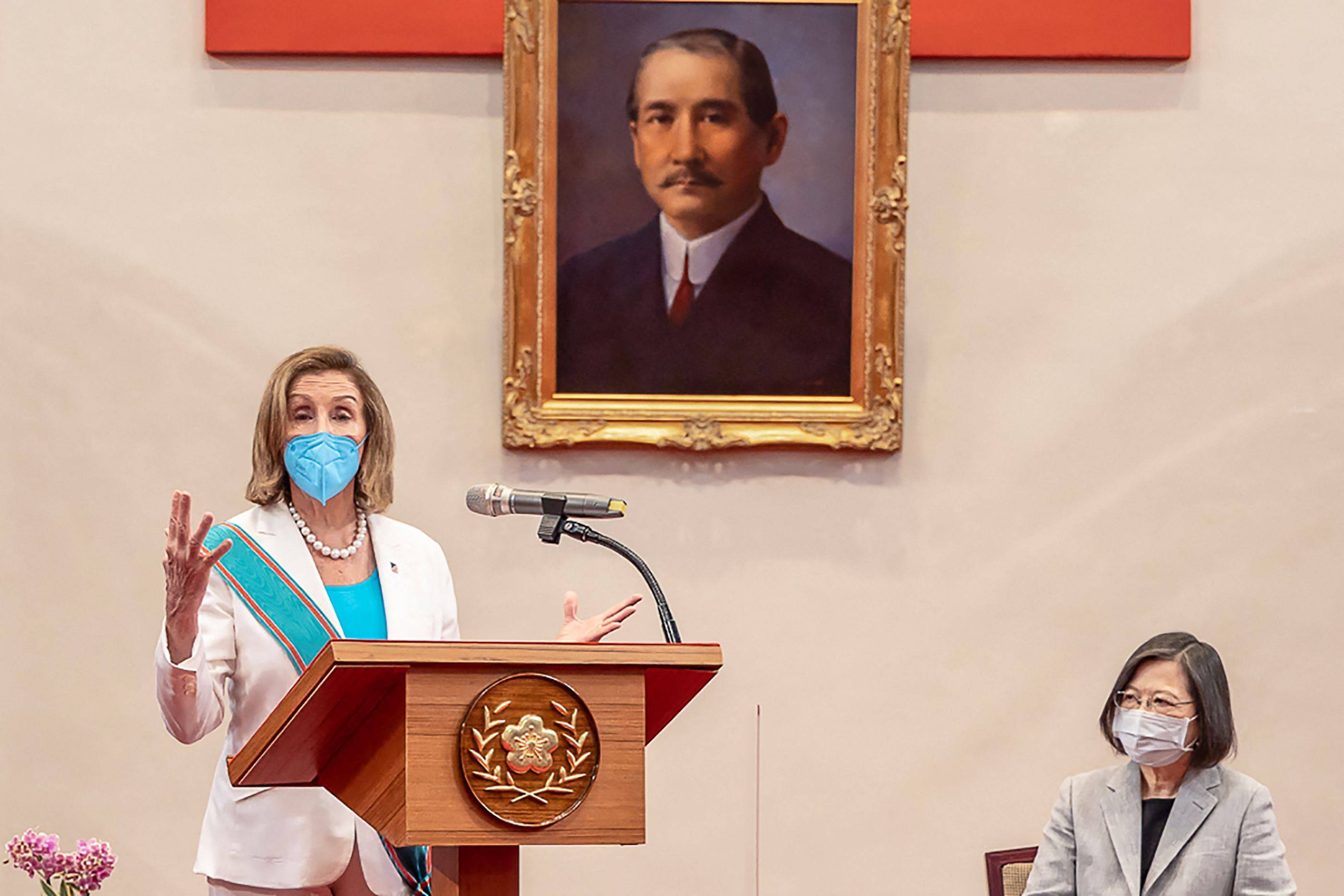Two weeks ago, I quoted Mark Twain: “History does not repeat itself but sometimes it rhymes.”
Although history may look like it repeats, in fact, it does not. Historical analogies, however, may help us appreciate the true meaning of current events from a new perspective so that we can get a better sense of the direction we are actually headed in.
I also stated in my column that China in the 2020s is making a series of serious strategic mistakes similar to the ones Japan made in the 1930s. A Chinese friend of mine rebutted my argument. He said, “The Chinese people are much smarter than the Japanese and Beijing will never make such stupid mistakes.” I sincerely hope he is right.



















With your current subscription plan you can comment on stories. However, before writing your first comment, please create a display name in the Profile section of your subscriber account page.